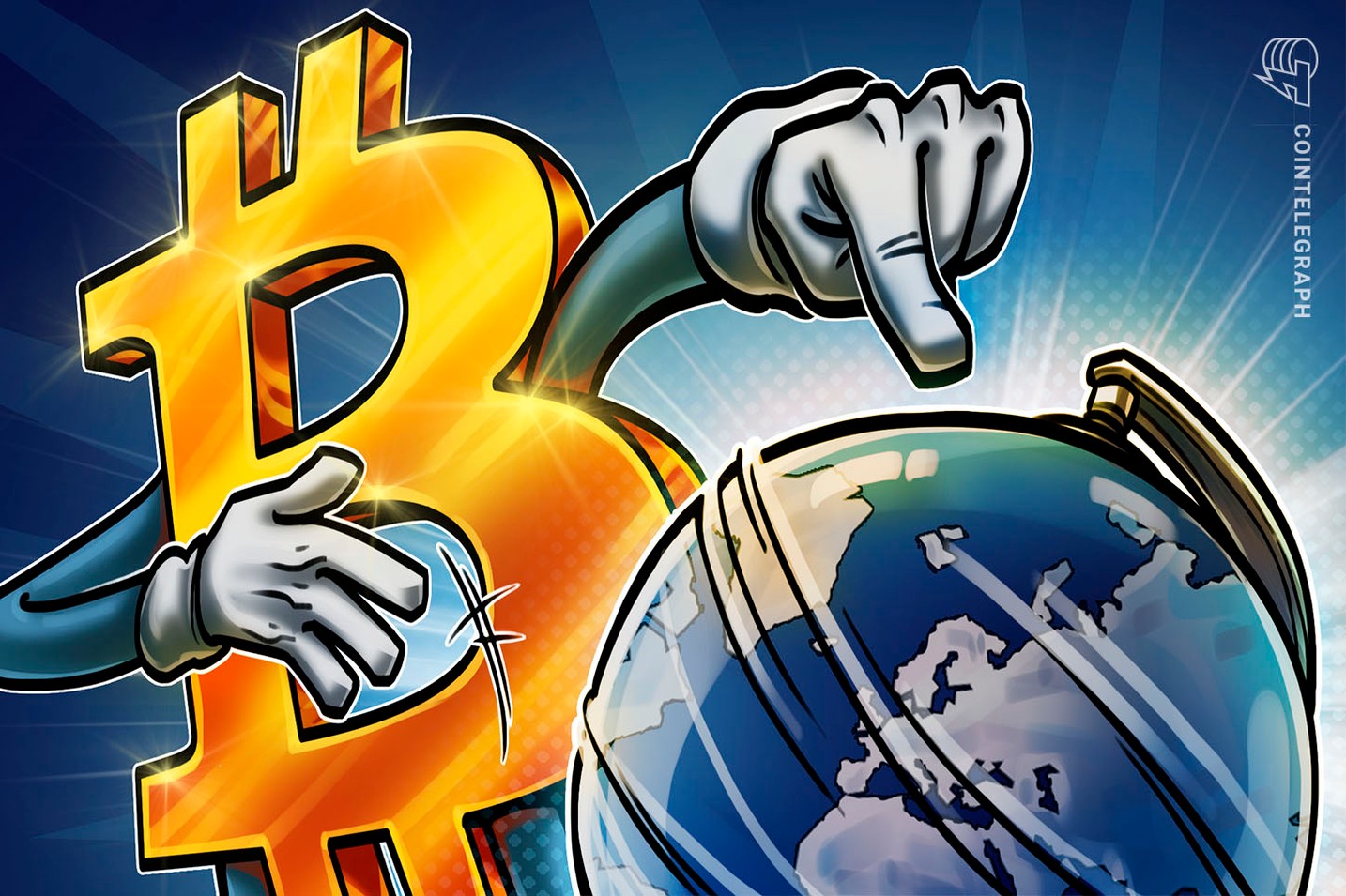7 Reasons Why Bitcoin’s Circular Economy Triumphs Over Reserves

Exploring Bitcoin’s Circular Economy Future
As Bitcoin adoption skyrockets, debates intensify over whether its future lies in national reserves or vibrant circular economies. With voices like Jack Dorsey advocating for a return to Bitcoin’s peer-to-peer roots, many communities around the world are striving to utilize Bitcoin as a true currency for everyday transactions.

Background and Context
The recent discussions surrounding Bitcoin’s adoption raise significant questions about its future, particularly regarding the notion of a Bitcoin circular economy future versus the establishment of national reserves. Historically, Bitcoin has positioned itself as a decentralized digital currency, facilitating peer-to-peer transactions without intermediary intervention. However, developments such as the U.S. establishing a strategic Bitcoin reserve shift its perception toward being a reserve asset, similar to ‘digital gold.’ In stark contrast, advocates like Jack Dorsey argue that true success lies in Bitcoin serving as a medium of exchange rather than merely an investment vehicle.
Globally, various initiatives aim to foster local economies that use Bitcoin as currency, reinforcing its role as a viable transactional medium. These Bitcoin circular economies strive to demonstrate that Bitcoin can fulfill its intended purpose: functioning as a currency that supports economic exchanges. Yet, in markets like the U.S., there’s a prevailing tendency to view Bitcoin as a means to accumulate wealth rather than to facilitate day-to-day transactions. This divergence raises concerns about whether Bitcoin’s evolution aligns with its founding principles or whether it risks being co-opted by governmental interests, emphasizing the need for ongoing dialogues about its rightful place in the financial landscape.

Will Bitcoin Circular Economy Shape Its Future?
The Bitcoin circular economy future is being shaped by a burgeoning movement focused on local economies that utilize Bitcoin as a primary means of exchange. While some nations, like the United States, are establishing strategic reserves for Bitcoin, advocates argue that reverting to its original use as a digital currency is crucial. Jack Dorsey, co-founder of Twitter and notable Bitcoin supporter, asserts, “If Bitcoin becomes just a form of digital gold, then the project has failed.” This sentiment underscores a broader concern regarding the direction of Bitcoin amidst governmental interventions.
Defining the Bitcoin Circular Economy
The concept of a Bitcoin circular economy refers to a localized economic ecosystem where Bitcoin is utilized increasingly for transactions, serving as a medium of exchange, unit of account, and store of value. According to the Bitcoin Federation, such systems are designed to demonstrate the practical use of Bitcoin. Across the globe, various Bitcoin communities are emerging with the shared goal of normalizing Bitcoin as a currency for everyday transactions.
The Contrast with National Reserves
This grassroots movement sharply contrasts with attitudes in the United States, where Bitcoin is often viewed primarily as a reserve asset. Influential figures, including former President Donald Trump, have fueled this perspective, with Trump advising to “never sell your Bitcoin.” Michael Saylor of the Bitcoin Policy Institute characterizes Bitcoin as an investment asset, suggesting that holding a significant amount would allow any entity to control digital economic landscapes.
Despite these divergent views, Isa Santos, founder of the Bitcoin Isla project, emphasizes that Bitcoin’s fundamental principle is to remain permissionless. He states, “Governments’ adoption of Bitcoin was inevitable, but it’s vital that the community focuses on how Bitcoin is adopted. Circular economies will play a pivotal role in making Bitcoin accessible and beneficial for all.” This perspective advocates for a more decentralized and grassroots adoption of Bitcoin, promoting its future as a tool for everyday financial transactions rather than just a static reserve of value.

Analysis of Bitcoin’s Future in Circular Economies
The recent discussions surrounding Bitcoin’s adoption and the establishment of a “strategic Bitcoin reserve” in the U.S. have sparked pivotal debates within the industry. While prominent advocates like Jack Dorsey emphasize a return to Bitcoin’s foundational principles, the growing trend towards a Bitcoin circular economy could redefine its role in society. Dorsey’s warning that Bitcoin might simply become “digital gold” highlights concerns that the cryptocurrency could be co-opted by traditional financial structures, losing its essence as a decentralized currency.
The Circular Economy Perspective
Conversely, the emergence of Bitcoin circular economies presents an alternative vision where local communities incorporate Bitcoin as a medium of exchange, reinforcing its function in daily transactions. This model champions grassroots adoption and aims to fulfill Bitcoin’s potential as a reliable currency rather than merely a store of value.
Implications for the Market
- **Grassroots Movements:** The growth of Bitcoin circular economies suggests a shift towards local usage that could appeal to everyday users.
- **Market Dynamics:** How Bitcoin is perceived—either as a reserve asset or as transactional currency—will influence investment and regulatory strategies.
Ultimately, the Bitcoin circular economy future posits a world where Bitcoin remains accessible and functional for all, even as powerful entities seek to incorporate it into existing financial paradigms.

Read the full article here: Is Bitcoin’s future in circular economies or national reserves?







